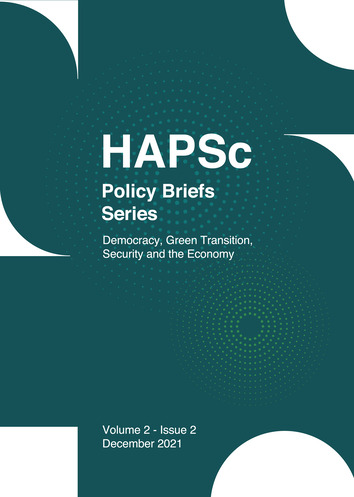The “Onset” of Flexible Forms of Employment in the Greek Public Sector: A Multidimensional Reform in the New Era

Abstract
Flexible forms of employment are used more and more in the Greek public sector in the recent years. They apply to a wide range of public sector activities with many different types. The causes for this increase are due to the rapid changes in the economic, social and technological environment, as well as to the “core” of the European employment policies, the promotion of social policy and the coverage of needs of the public sector that cannot be met by the existing civil servants. The institutionalization of flexible forms of employment in the largest employer of the country, with its special role on the overall economic and social development, has significant implications for the economy, the society, the labor market, the function of public services and the public employees, especially as far as the employment status and employment relations in the public sector are concerned. However, the analysis of their implementation so far highlights the multifaceted effects of the flexible forms of employment in the public sector and therefore a thorough further investigation is required in order to make these forms useful for the economy, the society and the employees.
Article Details
- How to Cite
-
Nasios, G. (2020). The “Onset” of Flexible Forms of Employment in the Greek Public Sector: A Multidimensional Reform in the New Era. HAPSc Policy Briefs Series, 1(2), 117–123. https://doi.org/10.12681/hapscpbs.26483
- Section
- Articles

This work is licensed under a Creative Commons Attribution 4.0 International License.
Authors retain copyright and grant the journal right of first publication with the work simultaneously licensed under a Creative Commons Attribution License that allows others to share the work with an acknowledgement of the work's authorship and initial publication in this journal.


